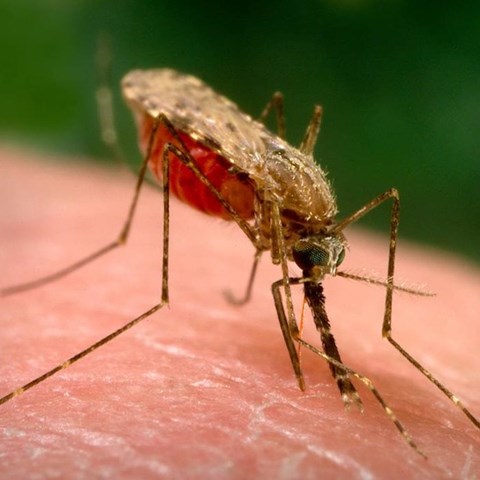We asked SLU researcher Rickard Ignell about what happened with the research on malaria and other mosquito-borne diseases during the Covid-19 pandemic. Here are some updates from Rickard:
- In early 2020, it was feared that Covid-19 would lead to a doubling of malaria deaths. However, the WHO report released this year shows that it was not that bad, but that the number of people infected rose by 14 million, and 69,000 more people died from malaria in 2020 compared to 2019 because of the resources needed to deal with the Covid-19 situation. This number of infections and deaths has not been seen in a decade.
- At the same time, the problem of mosquito resistance continues, and the insecticides used on mosquito bed nets are not doing much good; since 2015 we have not seen a decrease in the number of deaths, and in some regions the number has even increased.
- The problems are not only limited to malaria, with resistance and Covid-19 greatly increasing the number of cases of other mosquito-borne diseases, such as dengue.
- Covid-19 has had an impact on both surveillance and control of the disease-spreading mosquitoes, as well as on research aimed at finding new ways of tackling the problem. Our partners in Africa have not been able to carry out any field trials in 2020 due to a major institutional shutdown.
- In 2021, however, we managed to set up trials in Ethiopia and Burkina Faso with our synthetic flower fragrance, which clearly showed that it attracts several species of malaria mosquitoes, but also other mosquito species. A very positive result was also that we did not attract any beneficial insects, such as bees, which was one of our objectives. We are now awaiting results from field trials in Brazil, where we hope the scent will attract the mosquito species that spread dengue.
- Covid-19 made it difficult for us to recruit the staff to work on the project for which I received funding. These are now in place at SLU and we are now preparing for field trials in Ethiopia and Burkina Faso starting this summer. These trials include the forensic analyses we talked about in the last interview in 2020. With these, we hope to understand which plants malaria mosquitoes use to obtain nectar (a very important source of energy, and vital for mosquitoes to reproduce and continue to spread disease), and whether this nectar contains so-called secondary metabolites that are toxic to the malaria parasite. Can the malaria mosquito cure itself by drinking nectar?
- The research we have been conducting at SLU has not been significantly affected by Covid-19, as our PhD students and postdocs have been able to carry out their projects. Thus, we continue on a daily basis to increase our understanding of how mosquitoes use scents in their environment to survive and reproduce. The aim of this research is to continue to identify novel tools for mosquito control.
- Covid-19 has allowed us to complete a large number of projects, and we have spent a long time getting these published in scientific journals. We have also edited a book on the sensory ecology of disease vectors, which will be the first of its kind. This has brought together more than 40 authors from around the world, all interested in finding new ways to control disease-spreading insects. The book is hoped to be in print by July this year.
Thank you for the update Rickard and good luck with your future research!
